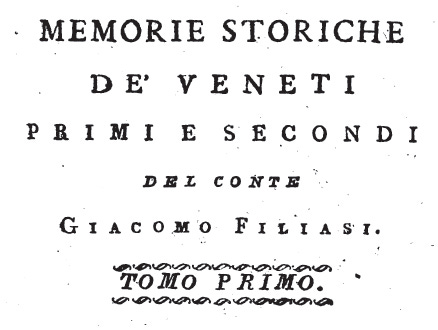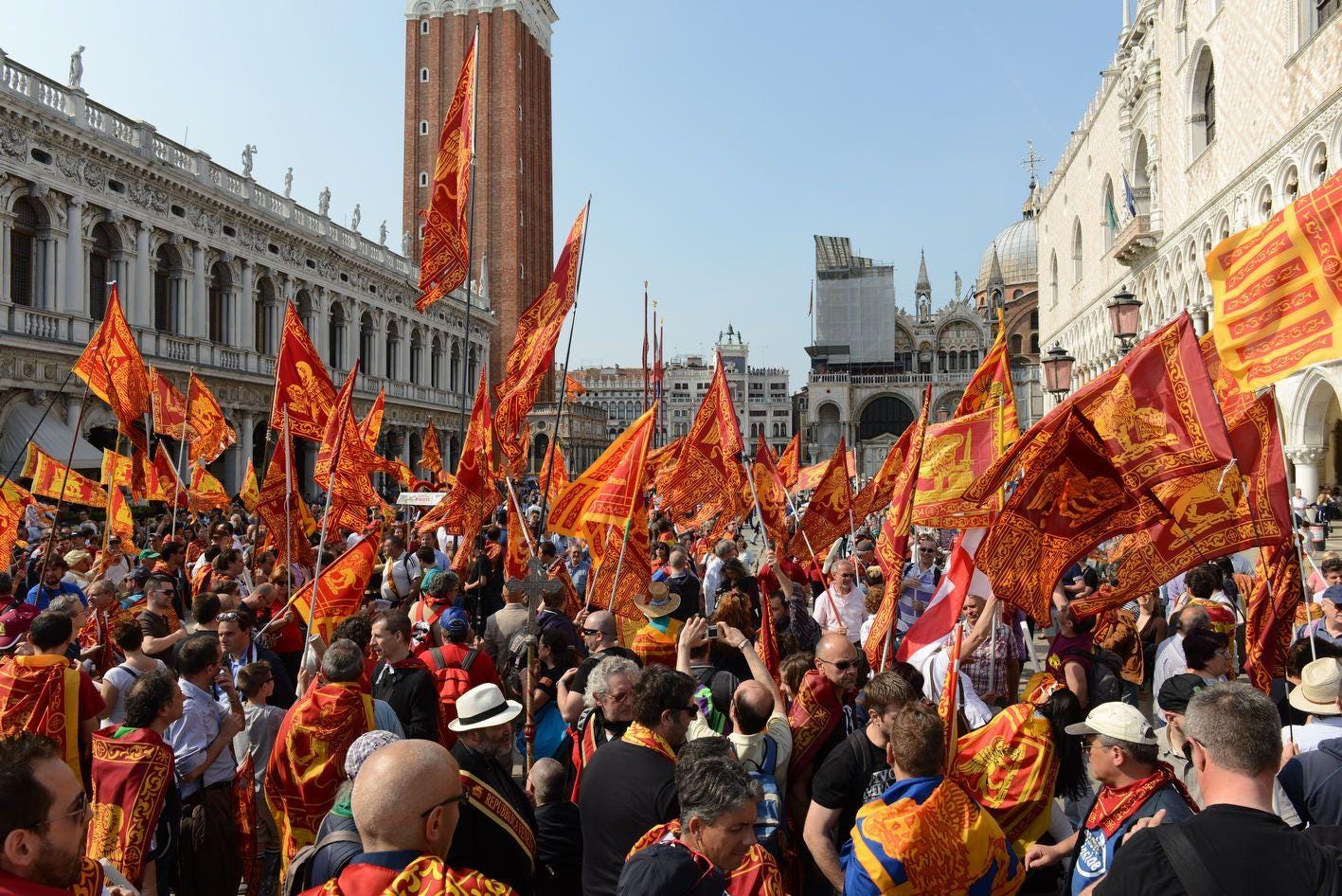Klemens von Metternich once said that Italy is a "geographical expression".
Indeed a definition that is not negative in itself, since it does not deny the existence of one or more nations within the Italian peninsula. A place which is unique in the world for its geographical, climatic, ethnic, linguistic and historical peculiarities. But precisely because of these peculiarities, so diverse along the peninsula, Italy cannot be considered a nation.
Then why is the Italian peninsula ruled by a single government today? It is the result of multiple wars that took place in the 19th century and ended -ruinously- with the two World Wars. A conquest plan, supported by powers outside of Italy itself, embedded in the complex European political scene of that time. The newborn Italian state, in order to assert itself, had to fight in every way the various identities of the Italian peninsula, its islands and the Alps, to erase them and replace them with the cult of a new, artificial nation. Nowadays this struggle is still ongoing, and these "local identities", enemies of the Italian state, are none other than the real Italian nations.
You read that correctly, Italy is actually composed of several nations, and therefore several populations. We will delve into the history of each of them over time; today we are here to present just one of them: the "most Indo-European" of the Italian peninsula populations, among the longest-lived in the world in terms of territorial continuity, its people are settled in a land of incredible variety of landscapes, and they left an indelible imprint on human history many times over.
This nation is called Venetia, and its inhabitants are the Veneti.
In 1769 the Venetian historian Giacomo Filiasi wrote a work called Memorie storiche de i Veneti Primi e Secondi (Historical memories of the First and Second Veneti). In this book, the author referred to the Bronze Age civilization that settled in the hearts of modern Venetia as Veneti Primi. They were famous sailors, horse breeders and artisans, who often fought alongside the ancient Romans as equal allies, until they were peacefully included in the provinces of the empire.
Centuries passed, the Roman Empire fell, and the chaos of the early Middle Ages enveloped Europe. It was during this period that some Veneti found refuge in a large lagoon, in which they founded a city that grew larger and more powerful, until it again conquered all the territories of Venetia. This city and its exploits are none other than the Republic of Venice, the Veneti Secondi.
Eventually, despite centuries of glory, the Republic fell and became a protectorate of the Austrian Empire. Hence the conquest by the newly formed Kingdom of Italy, never quite retified with a universally recognized treaty.
From that time, many political movements tried to get Venetia's independence from the Italian state, but still the goal has not been achieved. A new approach is needed, with which to prioritize the protection of the ethnic interests of the Veneti more than anything else, to rekindle in their hearts the desire to be masters of their homeland once again. The third manifestation of this will to power must occur, the awakening of the Veneti Tersi.
The Third Venetia is here to tell you about this awakening and how it can be of interest to the rest of Europe. We will talk about politics and philosophy, technology and current affairs, linguistics and mythology, genetics and history. We shall do it by telling you about past events and delving into current issues, from a Venetic geopolitical and historical perspective.







